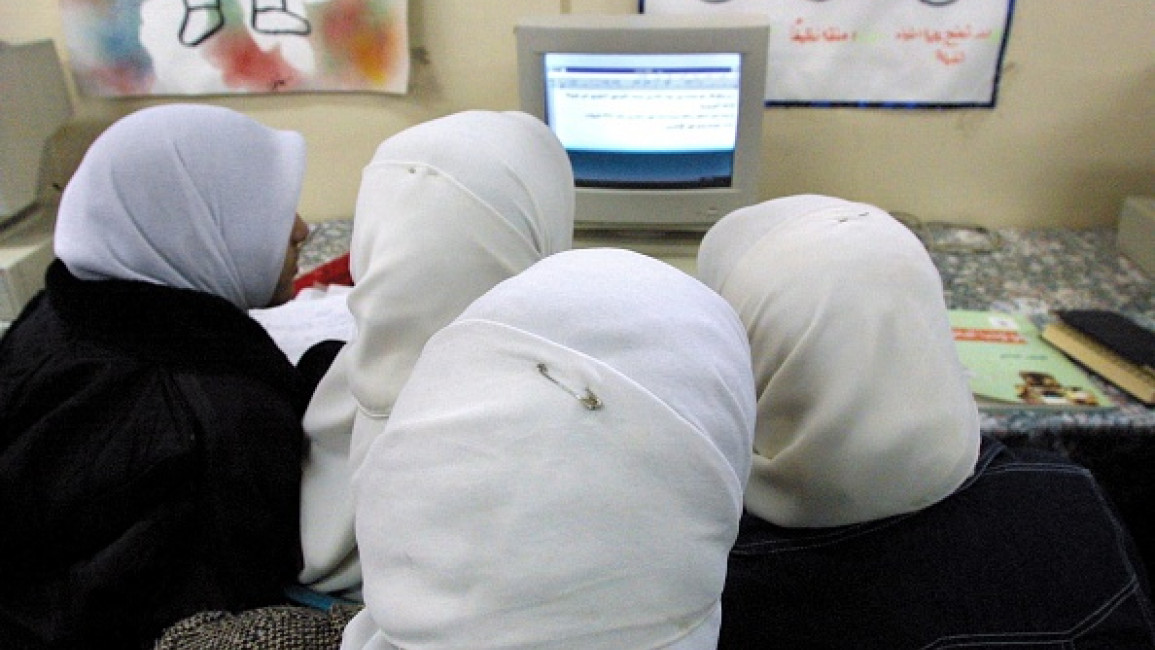Rights groups say Jordan’s data protection law raise privacy concerns
Rights groups have warned that Jordan's new data protection law has "significant shortcomings" that undermine the protection of personal data in the kingdom and fall short of international standards.
Jordan's Personal Data Protection Law was published in the official gazette on Sunday, 17 September, nine years after the first version of it was introduced to the country's parliament.
Industry leaders and tech advocates in the country have called for a data protection law for years, as business with international technology companies is impacted by Jordan's lack of compliance with European data protection regulations (GDPR).
However, according to a statement by Access Now on Tuesday, the current law has "serious loopholes" and hands "unprecedented power and control over personal information to the government."
The data protection authority – a body created by the law to regulate the use of personal data – includes members from the security services, government and industry.
"This undermines any independence and makes the authority a judge and a party at the same time," Chérif El Kadhi, MENA Policy Analyst at Access Now, said.
Access Now urged the government to hold public consultations with civil society experts and to place human rights considerations at the centre of data protection legislation.
While the government held several consultations before the law's passage, Jordanian civil society said that the law before parliament was not the same one they reviewed during consultations.
"They submitted a different version of the law to parliament which was materially different to the other versions; this one was not consulted on," Qusai Suwan, the policy officer at the Jordan Open Source Association, told The New Arab.
The new form of the law included additional provisions, including one which grants authorisations to process personal data without the consent of users.
This article, combined with exceptions granted for processing personal data if in the "national interest," are "undefined and vague in context," Suwan said.
There are further exemptions of the law which allow personal data to be used without given consent for the banking sector, as well as Jordan's security services.
Jordan's Crown Prince Hussein has said that the technology and IT sector in Jordan is a top priority for him.
Jordan's recently adopted "Economic Modernisation Vision," which seeks to transform Jordan's economy over the next ten years, also heavily emphasises "innovation" and the technology sector.







 Follow the Middle East's top stories in English at The New Arab on Google News
Follow the Middle East's top stories in English at The New Arab on Google News
![Beirut stadium [Getty]](/sites/default/files/styles/image_330x185/public/1235817272.jpeg?h=a5f2f23a&itok=0UZr2fIL)
![Israeli forces destroyed a religious shrine in the village of Shama in southern Lebanon [Getty]](/sites/default/files/styles/image_330x185/public/2184560625.jpeg?h=a5f2f23a&itok=Ge_H4GfP)
![Archbishop Hanna [Getty]](/sites/default/files/styles/image_330x185/public/1232952067.jpeg?h=edfda2ae&itok=ga18er46)